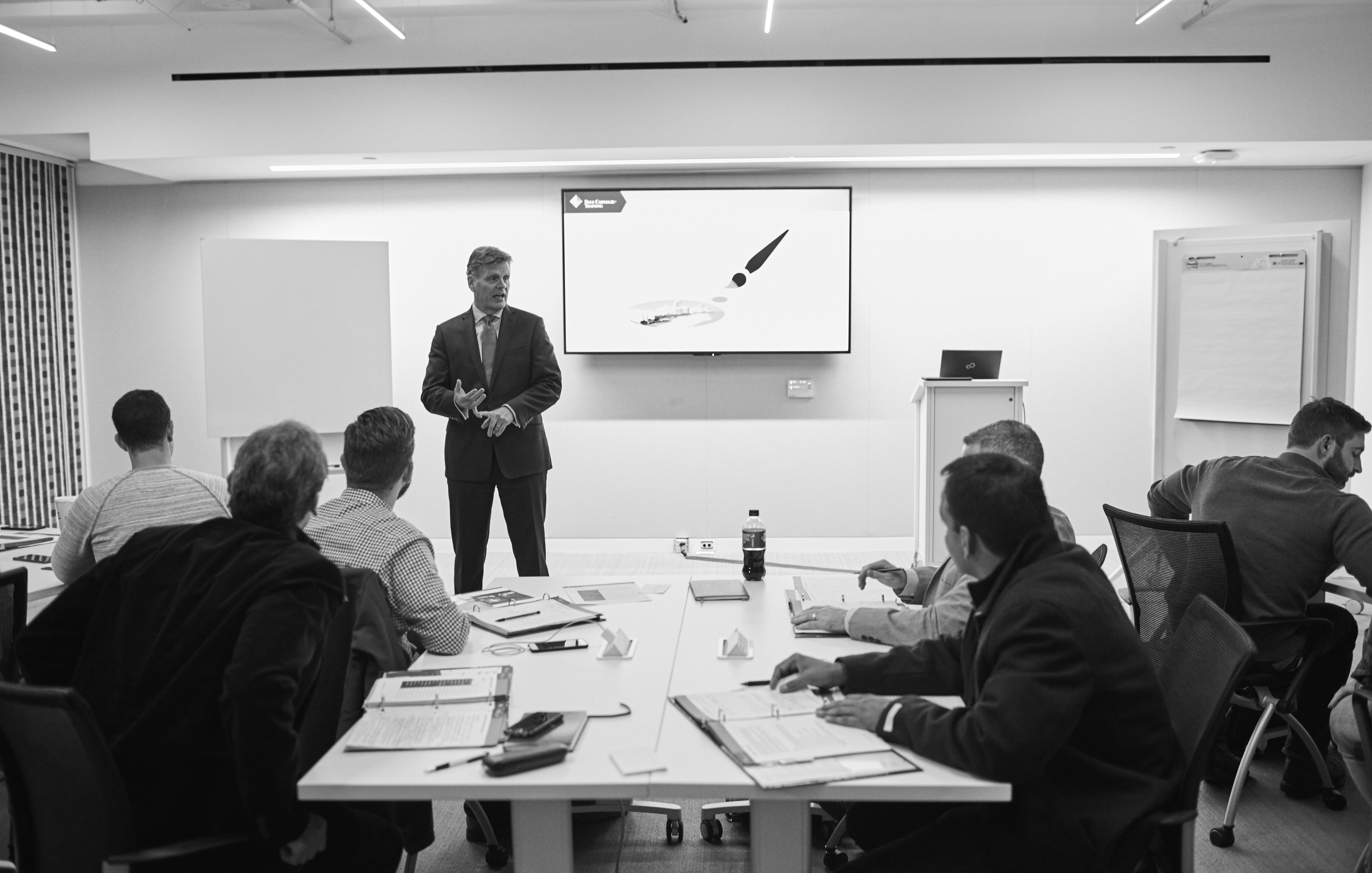.jpg)
Are you having trouble presenting in front of you audience? When the boss asked you to persuade a group of audience that consist more than ten people, or even dozens of people, are you feeling like we are super nervous? In order to present the best possible way, we rack our brains to come up with a perfect opening statement and write out our speech word by word, but our mind suddenly goes blank when it actually matter. If we want to improve the presentation of ours, here are some tips for we!
Preparing our presentation
Never memorize the script word for word
A lot of speakers fall into the trap of memorizing the whole script in order to not humiliate themselves by drawing a mental blank in front of the audience. However, this preparation method not only consume a significant proportion of time, but also destroys the effectiveness of the speech. We have been speaking spontaneously in our daily life, we speak naturally when we are thinking of ideas, not words. If our ideas are clear, the words would come as natural as we breathe, in an unconscious way. When talking to people in a private manner, we usually think what we want to say, and say it without thinking which word we should use. Therefore, why do we have to change our way of speaking just for the purpose of public speaking?
Organize our ideas beforehand
The proper preparation for public speaking is simple: Assemble our ideas, perspectives, convictions that have welled up from our life experience. The true preparation for public speaking is the comprehensive thinking of our topic. Think over our topic until our understanding on the topic is expanded and deepened, transfer all our ideas into words and organize our loose ideas, then set them in order.
Effective rehearsals
After we have organized our ideas, it is time for rehearsals. The simplest and most effective way is to talk about the content of our public speaking in a daily conversation with our friends and colleagues. However, don’t perform like we are giving a speech in the city hall. Instead, just keep a relaxed and natural way of conversation. Be aware of their reactions and listen to their ideas and perspectives. Their interesting thoughts could be valuable to we. They probably won’t know that we are having a rehearsal but may say they enjoyed the conversation a lot.
Interacting with other people is an effective way of perfecting our presentation and public speaking skills. We can also receive some valuable feedbacks and suggestions. These daily conversations could increase our confidence, making we to express our ideas and perspectives fluently.


Responding to questions
For many people, the scariest part of a presentation or speech is not the beginning, the end, or even the middle of the speech. What many people really fear is the moment when the audience asks some questions that leaves you speechless. Sometimes we have difficulty answering with confidence but understanding that answering poorly will bring great impact. First, we should spend more time conducting thorough research on the topic, anticipating possible question from the audience. But there will always be times when some questions need to be answered on the spot, and we need to actively listen to each question, seek clarification when needed, and answer concisely. We can also encourage audience participation, making the conversation open to all of them, and maintaining a respectful and professional tone.
Conclusion:
In nowadays professional environment, proficiency in presentation skills is critical to our career growth. We must constantly develop and improve this skill and continue to learn and practice different skills. By honing our presentation and presentation skills, we not only become more effective communicators, but also our ability to influence and persuade others.
The skills above are very practical, and we strongly recommend that you give it a try, because these skills can have a significant impact on your career development and bring you more opportunities. If you want to know and really practice your own skills, please check the link below and contact us!